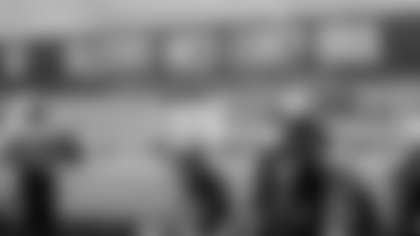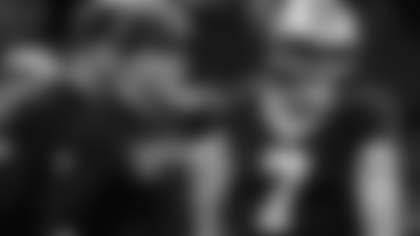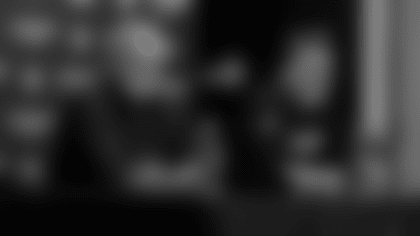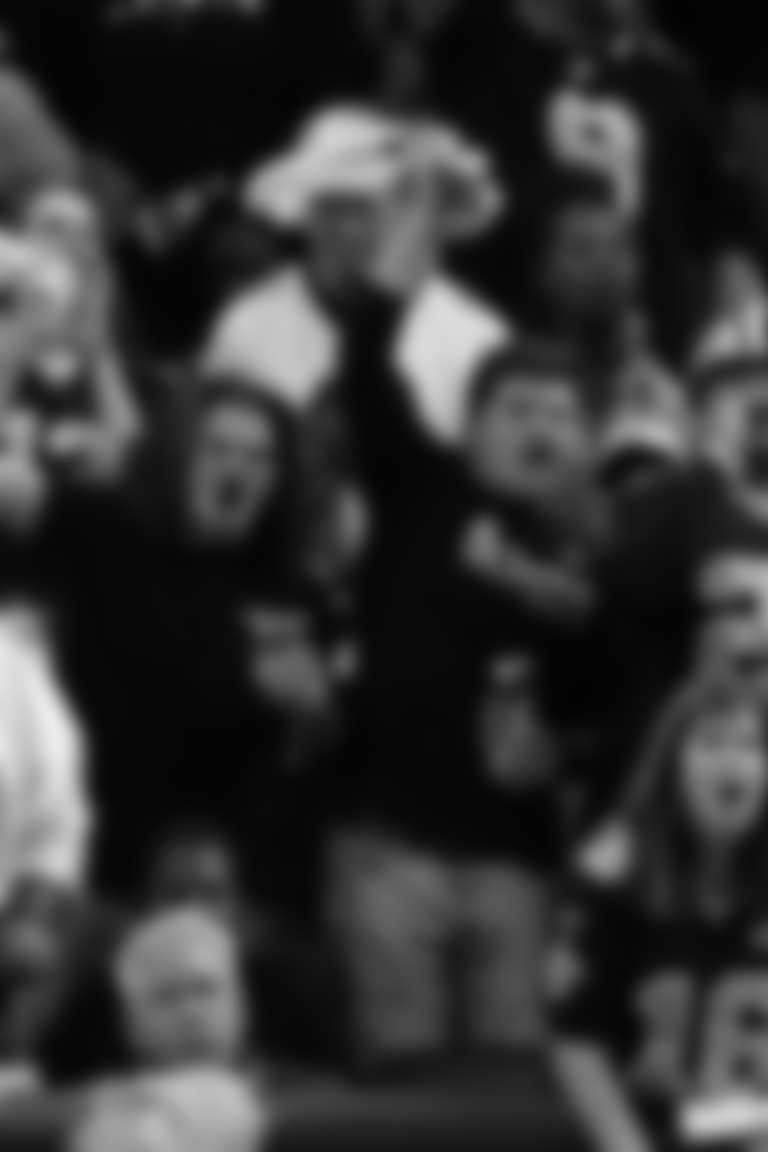Take a look at special teams coordinator Darren Rizzi in action as we highlight the New Orleans Saints coaching staff on the sidelines.
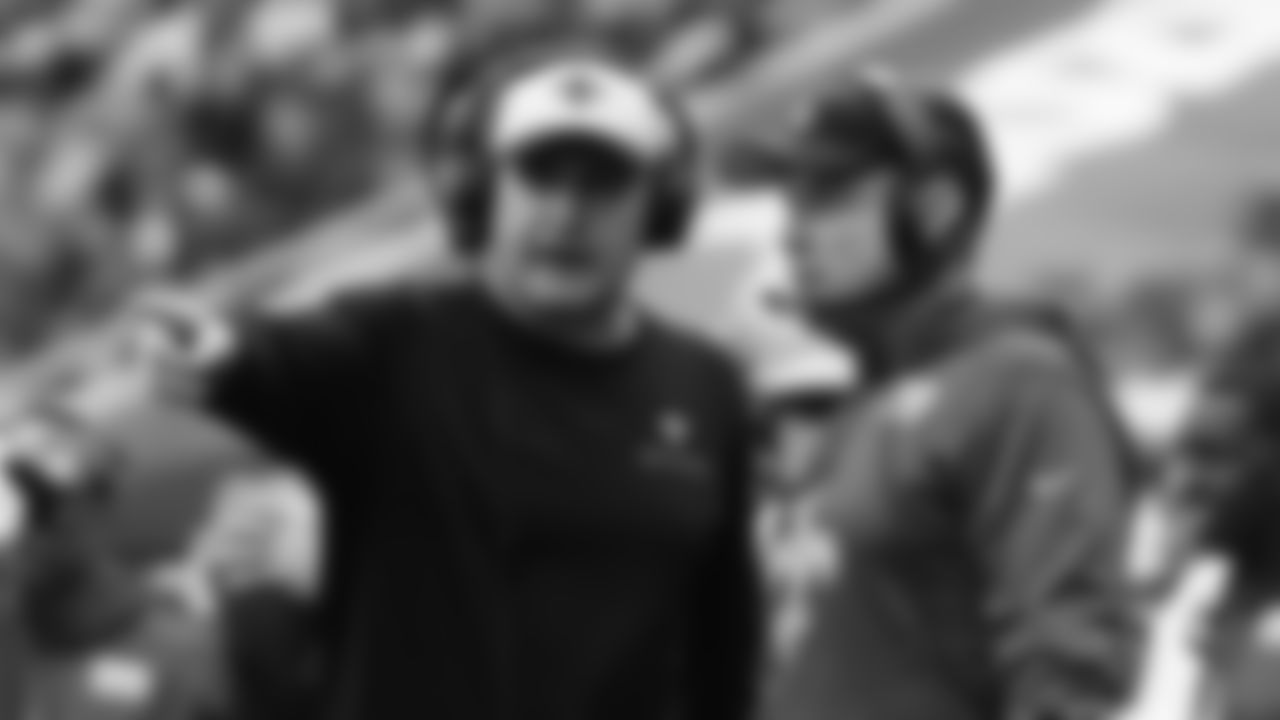
Take a look at special teams coordinator Darren Rizzi in action as we highlight the New Orleans Saints coaching staff on the sidelines.
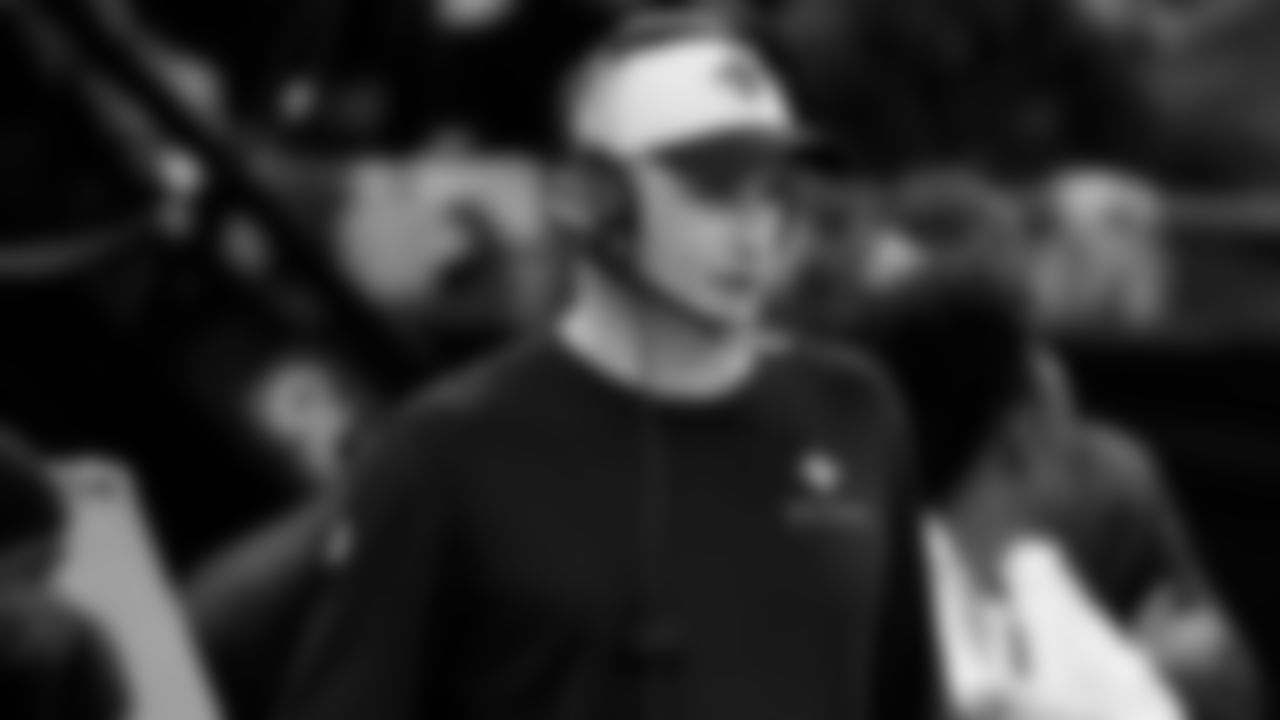
Take a look at special teams coordinator Darren Rizzi in action as we highlight the New Orleans Saints coaching staff on the sidelines.
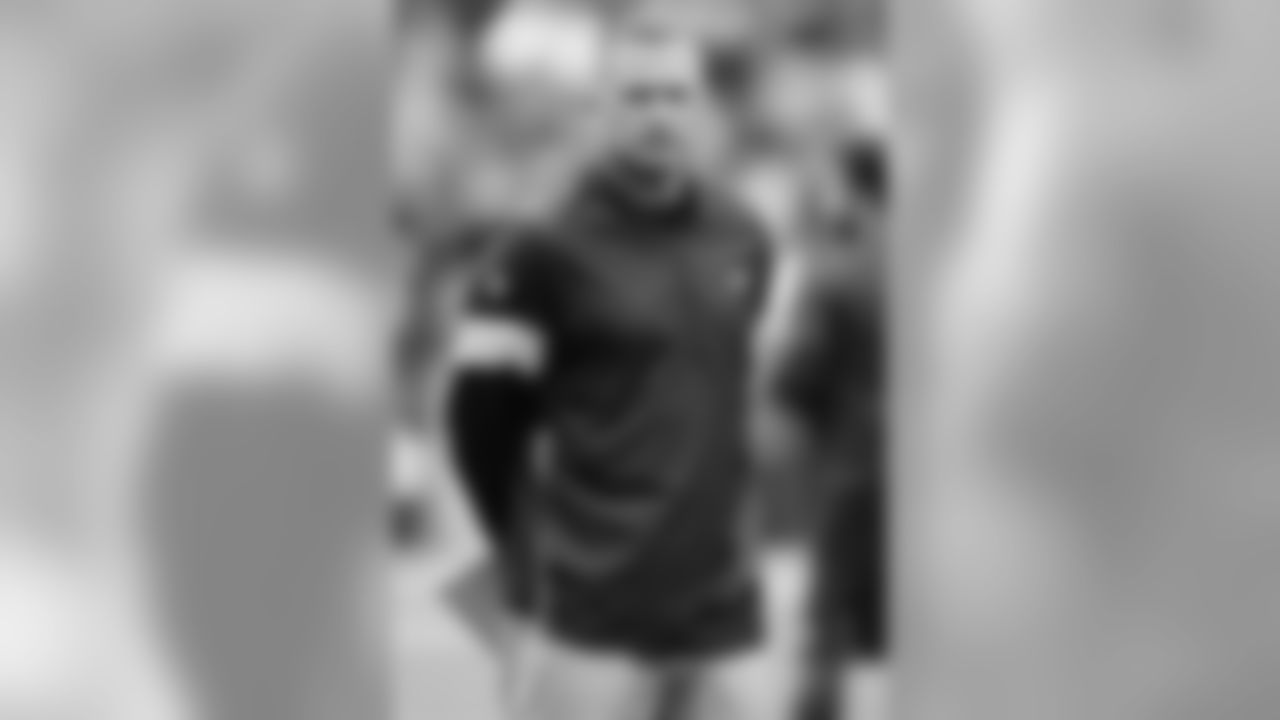
Take a look at special teams coordinator Darren Rizzi in action as we highlight the New Orleans Saints coaching staff on the sidelines.
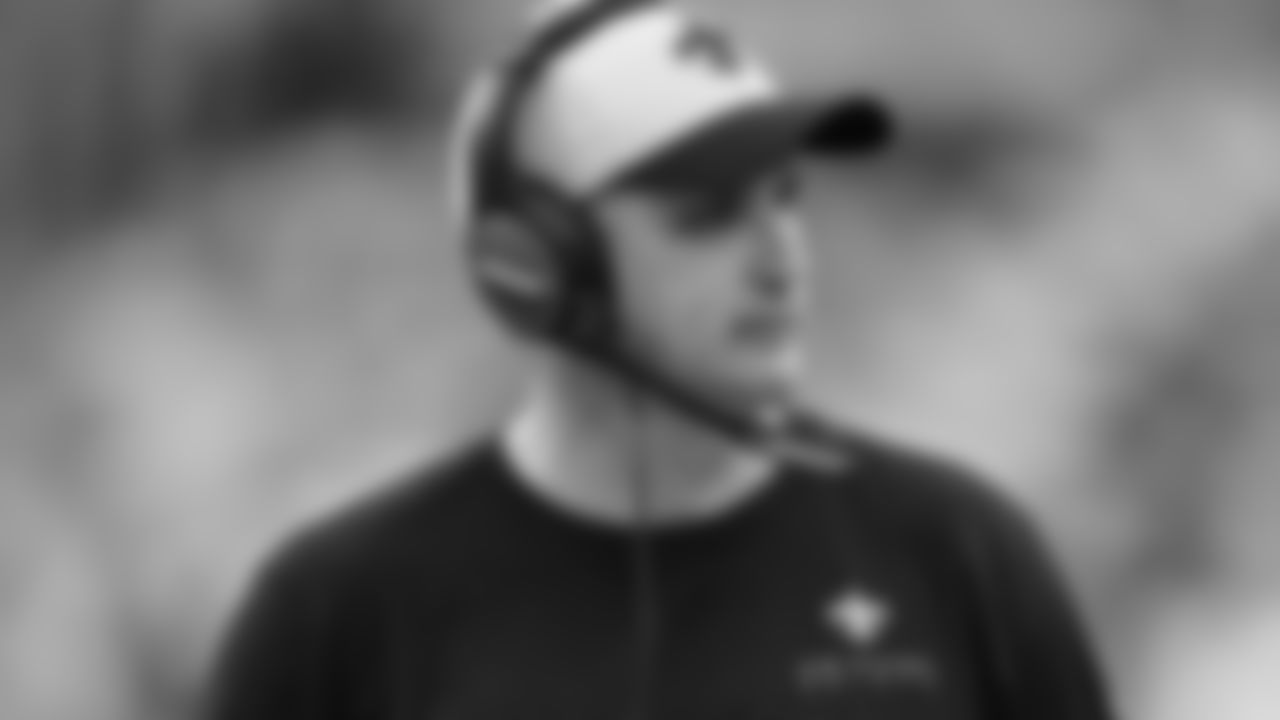
Take a look at special teams coordinator Darren Rizzi in action as we highlight the New Orleans Saints coaching staff on the sidelines.
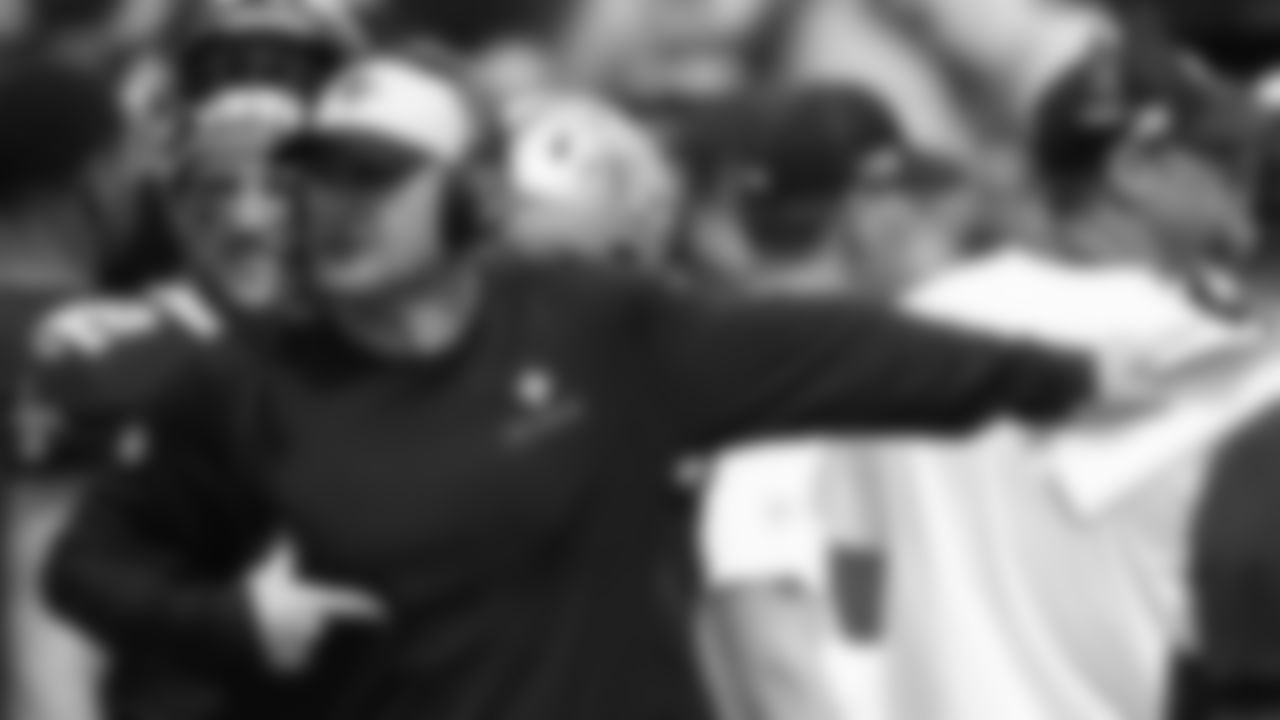
Take a look at special teams coordinator Darren Rizzi in action as we highlight the New Orleans Saints coaching staff on the sidelines.
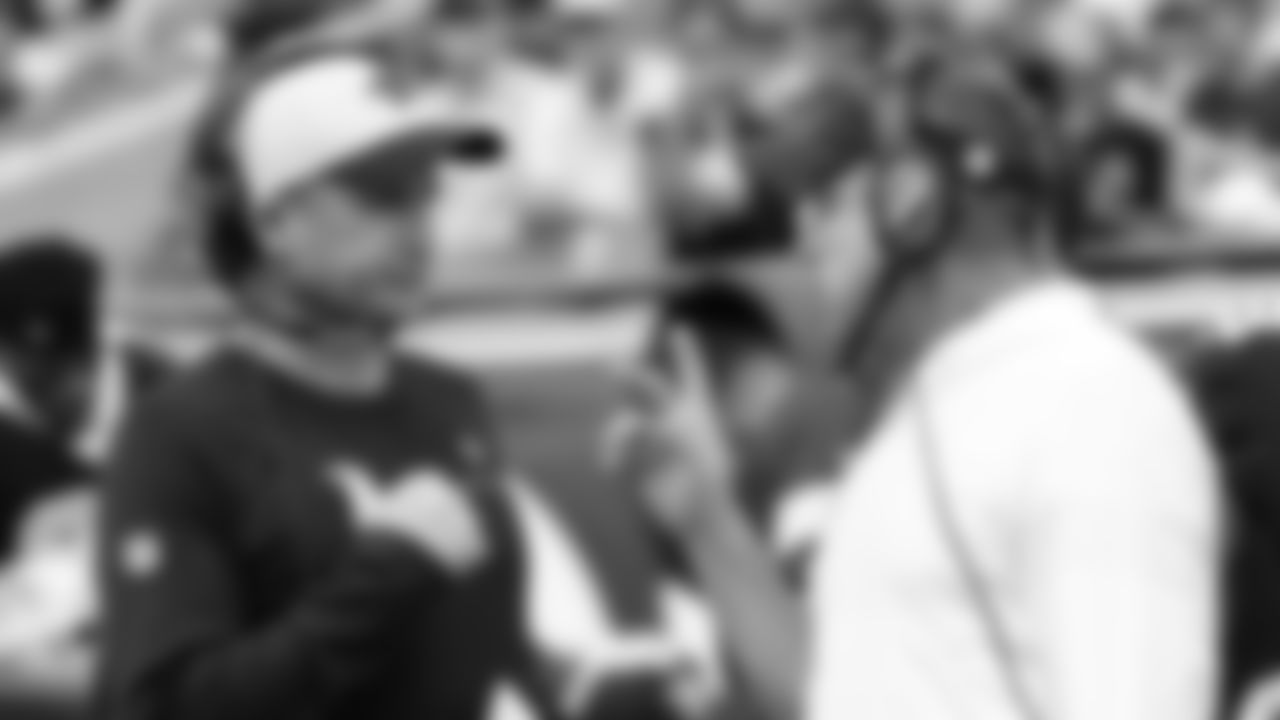
Take a look at special teams coordinator Darren Rizzi in action as we highlight the New Orleans Saints coaching staff on the sidelines.
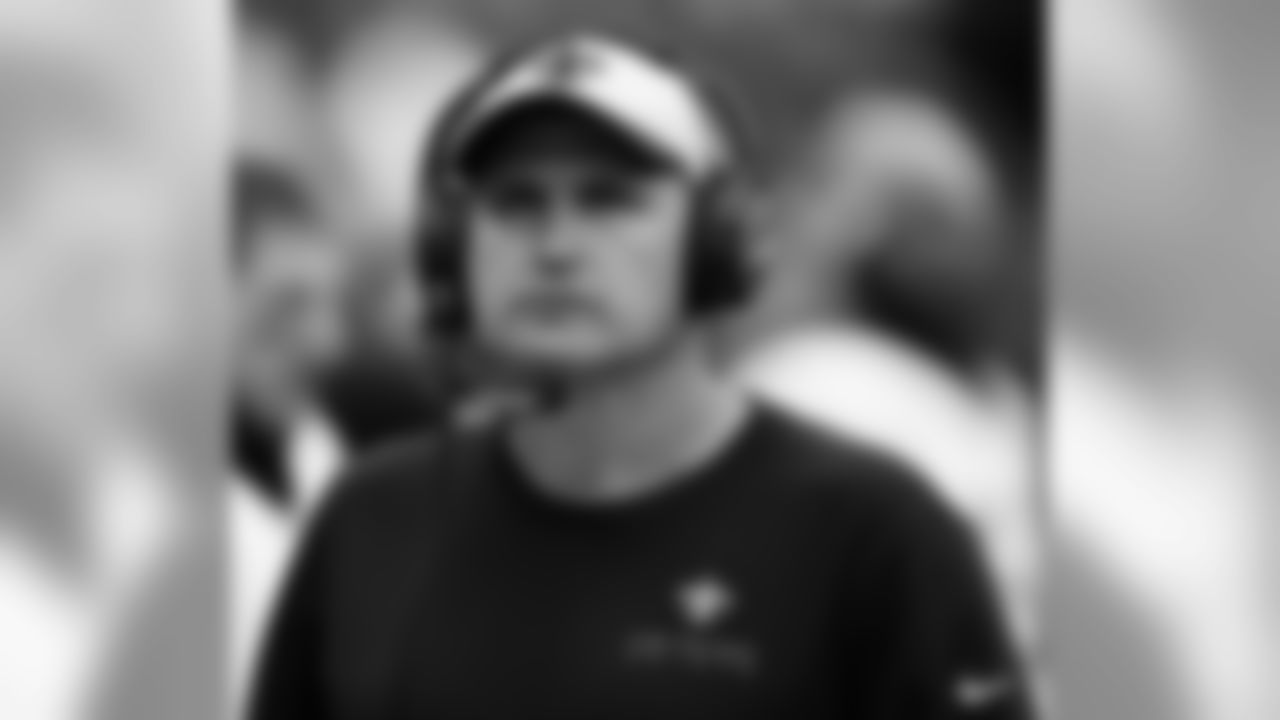
Take a look at special teams coordinator Darren Rizzi in action as we highlight the New Orleans Saints coaching staff on the sidelines.

Take a look at special teams coordinator Darren Rizzi in action as we highlight the New Orleans Saints coaching staff on the sidelines.

Take a look at special teams coordinator Darren Rizzi in action as we highlight the New Orleans Saints coaching staff on the sidelines.
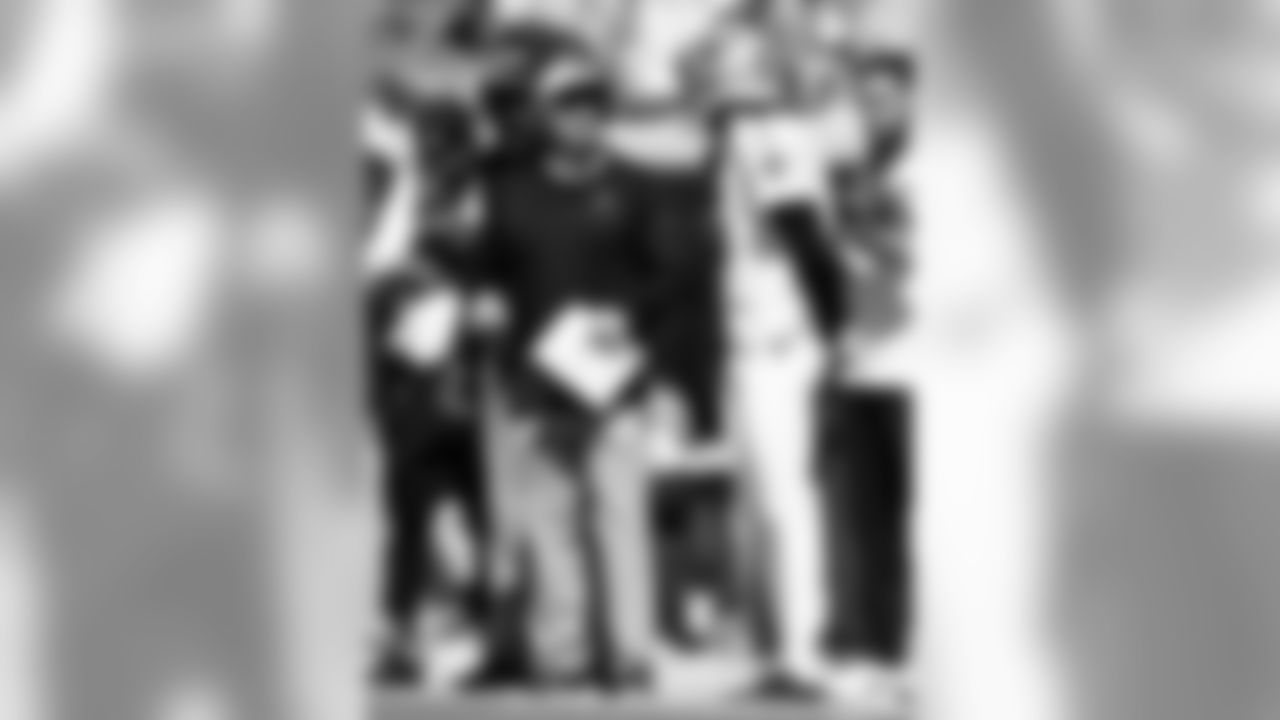
Take a look at special teams coordinator Darren Rizzi in action as we highlight the New Orleans Saints coaching staff on the sidelines.
Darren Rizzi was named special teams coordinator for the New Orleans Saints prior to the 2019 campaign. Rizzi has 27 years of coaching experience, including a 10-season stint with the Miami Dolphins from 2009-18. In his first season with New Orleans, Rizzi worked with a special teams unit that rose to first in sports writer Rick Gosselin's rankings. Units that Rizzi has coordinated the past nine seasons are ranked first in the NFL over that period with 12 blocked punts and second on the league with 23 total blocked kicks. The special teams featured standout performances from undrafted rookie returner Deonte Harris, kicker Wil Lutz, punter Thomas Morstead and defensive back J.T. Gray. For the first time in franchise history, two special teams players were selected toThe Associated Press All-Pro team (Gray and Harris) and for the second time two were selected to the Pro Bowl (Harris and Lutz).
Q: What do you think are the next steps for Deonte Harris?
Rizzi: I think I say this all the time. I think people look at me like I am crazy, but I think Deonte can actually really improve a lot. I think people will just automatically look at the numbers, his accolades, the All-Pro and Pro Bowl and all that and automatically assume that this guy has got it figured out. I think Deonte would probably be the first guy to tell you that he has enough things to work on. If you look back at last season, which we obviously had a lot of time on our hands here to look back at a lot of things, we got off to a slow start in the return game in both punt and kick and some of that was growing pains with Deonte. He made some bad decisions early in the season. His ball security wasn't great. He made some bad decisions in terms of when to field the ball, (and) when not to field the ball. Those are things he got better at as a year went on, but I certainly think he is not a finished product yet. So I think he can actually really make some more strides. We know he has the ability, that is obviously a no-brainer. He is very dangerous with the ball in his hand, but I think now (he's) refining his return game. What I mean by that is just kind of getting better at the little things. There is just some of the decision-making, the ball security, some of the calls. We have some calls that the returner makes sometimes things like that I think he can really improve on. I think you saw that because obviously it was trending up big time at the end of the season. So hopefully we can kind of just pick up where we left off. That's easier said than done, but here's a guy that hasn't had (a lot of experience) obviously only one year of experience in NFL return game because it's totally different than college. And so I still think there's a lot of room for growth there.
Q: How much consistency does re-signing Zach Wood bring to that kicking unit?
Rizzi: I think any time you keep that operation together, you know, I think that's really important. I was fortunate in Miami to have the same snapper the entire time I was there and really realize how important that is. I think Zach really performed well last year. I think he really had a big improvement from the year before. I think that kind of shows the long snapper position is one of those guys where if you're not talking about him, he probably had a great year. He's kind of like an umpire in baseball (or) referee. If you don't know his name, he's probably doing a good job. So I think Zach performed very well and to have that operation back, the only disappointing thing, obviously and it goes for everybody, is not being able to practice those guys here together in the spring, but, again, having those guys back in the familiarity is huge for sure.
Q: What are your initial impressions of Ty Montgomery and do you plan to use him on special teams?
Rizzi: I really liked Ty coming out of college. I mean he was a guy I evaluated very diligently I guess you'd say. I really dove into his background in college and watched a lot of college tape on him. He was a guy that we had rated very highly coming out of Stanford. A guy I really watched a lot of film on him. Now having played against him and watched him perform in the league and he's a guy that does a lot of different things. He's a guy that, not only, I think he probably gets noticed mostly as a returner, but he's actually done a lot of different things. He's played on the punt team. He has played (as) a personal protector. He has played wing, has played in other spots in the punt return game other than returner. He's been on the kickoff team. So here's a guy that has got a lot of value and I think I speak for every special teams coach when I tell you you're always looking for offensive skill guys that can bring value to the special teams core positions, not necessarily the returner, but you're always looking for offensive skill guys that can bring value.
Q: Your thoughts on what you've seen from Tommy Stevens and do you see other teams using athletic QBs in other ways?
Rizzi: I can just tell you from my perspective, watching Tommy Stevens perform as a college player. He obviously got the size, he obviously has got great speed. I know from meeting with them now on these virtual meetings, he is a very intelligent player. And so here is a guy that's got all the quote unquote tools to work with, from my perspective. To answer the second part of your question, I think you look back like Trace McSorley of the Baltimore Ravens, or some other quarterbacks that are now, if they are not going to be maybe the starter or even the number two, a lot of teams are now kind of copy-catting that, because of what Taysom's (Hill) done. I think it's funny because you hear it in the draft a lot, you hear it even in our draft meetings. Can this guy do this? Can this guy do that if he's not going to be a guy, because you're always looking for jobs for that guy to do, if he's going to be around on the 53 or maybe the practice squad. So Tommy's obviously a good example of that.
Q: How important was it bring Justin Hardee back?
Rizzi: Special teams (is) probably the biggest area on every NFL team where there's the most turnover every year, because the bottom of your roster is the part of the roster that's going to change the most. There's always the most moving parts on special teams. You don't see as much on the offense or defensive side, maybe in a particular year here or there, but usually not. Usually, there's more consistency and continuity. My point is to be able to have guys that come back into the fold like Justin Hardee, like J.T. Gray. I can't say enough to have the experience and not only the talent, but the experience and the leadership. Justin's a guy he's a little bit more outspoken than J.T. J.T. is more of a quiet leader, leader by example. Justin, as you watch him play, he plays with a lot of passion. That's contagious, little things like (when) we kick the ball off and it happens to be a touchback. You guys probably notice those guys are racing through the goal line and they want to be first down the field. So they compete in everything they do. Phil (Gailano) mentioned that and so that's contagious. A guy like Justin Hardee practices and the way he approaches, same thing with the way he embraces his role and always wanting to improve. Here's a guy, another guy that is never ever satisfied with his performance. He might have a great game and he's looking (to improve). He may have 20 plays and 19 of them were great and he's (upset) about the one that he didn't play well on. And so, again, to have that leadership back to have the experience back we're really excited. Because there's always going to be, like I said, a lot of moving parts. So to have some of those guys who you know have been there and been in the fire, it's certainly comforting as a coach.
Q: This Saints roster is always praised for its depth. How does that impact the special teams coaching staff as far as roster decisions?
Rizzi: You never feel like as a special teams coach, you never feel like you have enough and so I guess I would say that, No. 1, it is a good problem because, trust me, I've coached teams before that you didn't feel like you had that competition. We're always, I'm one of those guys that believes wholeheartedly that every guy in camp should be battling it to make the end of that roster, if they're not a starter. We impress that upon the young guys when they come in, we've already obviously met with these rookies and a lot of these guys already know, drafted or undrafted, that their vision or their avenue onto this football team is through special teams. When you have that leader to some of those older guys that have been there done that, it's easy to point to some of those guys and say, hey, listen, Justin Hardee made this team on special teams, J.T. Gray made this team, Craig Robertson, Deonte Harris, you can just kind of keep going down the list, Dwayne Washington. There's been a number of great examples since and obviously since Sean (Payton's) been here a long time, you have great examples to point to. That is No. 1. No. 2, you mentioned the discussions that take place, those battles were happening all through camp and we constantly kind of stack the board and rank positions and you are jockeying for those last couple spots. Listen, Sean is great in terms of communicating with us the vision for the player. Listen, this guy is going to be the fifth or sixth at his position, does he have a vision on special teams? If that player doesn't, it is hard for that player to make our football team. And I know a lot of head coaches that don't look at it like Sean, we are fortunate to be part of this because Sean's vision is very similar and almost on the same exact page with ours, meaning if that player is not going to be an offensive or defensive starter or what-not, he's got to have a value and he has to have a vision on special teams. Those roster spots, that is the most exciting thing about training camp for us. We come in as coaches and I know I am speaking for Phil when I say this, that's the exciting part, to watch the 90-man (roster) kind of get down to the 53. Now this year, there are a couple of extra spots now on gameday. That's going to be interesting. I know the one spot has to go to the offensive line, but now you have an extra player you can activate this year and also there are new practice squad rules where you can taxi guys up and back, those rules have changed. That is going to be really a new dynamic for us as well, meaning week-to-week seeing those guys, not only for the 53, but for the guys that are going to be active. It's the same conversations, week to week, once we have the 53-man roster, Sean's the same way. Listen, this guy is going to the game, we want to see him active, we want to see him play playing, we want to know the vision. If there's not a vision for that player week to week on special teams, he might not be active. There's no doubt that it's a great problem and we are very fortunate to have some depth at a lot of different positions. I think we're deeper at some spots than others. Maybe we might be a little bit younger, but, but no matter what, I think there's some great competition and that's really exciting for us as special teams coach, for sure.
Q: Everybody wants reps, but nobody can have them, no matter what team you play for. What are y'all working on in those special teams meetings with those younger guys, either rookies, first or second year players so they can, once training camp eventually gets here, hit the ground running as best that they can?
Rizzi: It's great that you bring that up. So when Phil (Galiano) and I first started this whole process, you're kind of like, all right, listen, we're going to have this many meetings. What's our goal at the end of this so when these guys come to training camp like, what's our goal with the rookies? Well, No. 1 is there is a lot of rule differences between the NFL and college football and it's particularly in special teams. I think you probably don't even realize how many different rules there are in the different (levels), so No. 1 is educating these guys on the rules. Our goal, OK, listen, we can't do field work right now so what can we do to make these guys as prepared as possible when we do start practicing? Well, No. 1 is all those rules. So we've really hammered and hammered and hammered home all the rule differences. That is No. 1, because the punt game is completely different, the kickoff games completely different, PATs, the hashes, all that stuff's completely different. (We have) really hammered home the rules. No. 2 is our terminology. I like to use the phrase, 'we've got to be speaking the same language.' Every special teams coach, there might be a technique and you talk to five different special teams coaches and they might call five different things. So we want to keep hammering home our terminology to the players as well. We want to speak the same language. And then the last thing is we've obviously given them playbook material and the nice thing is we're allowed to share video. We save all of our practice clips from last year, from OTAs, from training camp, our drill work and what we've done is we've showed those guys the drill work and the things that they can do on their own, the techniques.
Q: Kind of following up on that, are there any of the undrafted free agents that you guys, through these meetings, kind of come up with like this is somebody I really want to get to work with in training camp because I think he's got a lot of potential to maybe potentially be like a J.T. Gray, Justin Hardee and a guy that really stands out in that unit?
Rizzi: Sure. I'm going to give kudos real quick to our draft guys because Jeff Ireland and that whole staff, they do a fantastic job of keeping us updated on all the players that we're kind of targeting going in. So there's not really a lot of guys that we didn't know anything about, meaning coming in. Not just the draft picks, but even the undrafted guys that we brought in, we all kind of had some awareness of those players. So you take a guy like (Marquez) Callaway for example, we evaluated him as a returner and possibly as a core player, Juwan Johnson that Phil worked with at Penn State and then went on to finish at Oregon. We had a lot of background with Juwan, if you will. Joe Bachie is a guy from Michigan State that we evaluated as a linebacker and a core special teamer. Those are just a couple of guys that pop into my head, but all those guys we felt, again, we have a great process, in my opinion, I think Jeff and his staff do an unbelievable job and are very, very thorough in the draft process, not only with the draft picks, but the undrafted (free agents). When we come in, we have a really good background and I think every guy that we target, we have that, I mentioned that word vision before. I think we have a really good vision for those players and what we think they could do down the road and how they can make our team. And that's really the question, Jeff is always asking us. If we're going to bring this guy in, give me a vision, how can this guy make our team, can he be a special teams core player?
Q: What is the defense getting in Michael Wilhoite? He was with you last year and now he's moving over to defense and getting back to kind of the positions that he played back when he was player?
Rizzi: What do you mean? He was a special teams player (in the NFL). We always bust his chops. He was not a linebacker (laughter). We love Mike. I think Mike is an intelligent, passionate, hard-working guy. You talk about a guy who is, I mentioned the word contagious before when I was talking about Justin Hardee. Mike is one of those guys too. He has a contagious personality, always upbeat, always in a good mood, has a realistic approach to the game for the young players. The best thing that Mike did for us last year in his first year as a coach, was he mentored a lot of those younger players and a lot of those guys that were rookies, like I'll mention like a Kaden Elliss, Carl Granderson, some of those guys that were first-year players, Mike spent an awful lot of time with them. A lot of times where Phil (Galiano) and I were game-planning during the week, Mike was spending an awful lot of time with those guys in meetings, watching film, going over improvements because as we all know, there's only so much time in the week. So Mike did a really nice job of mentoring and tutoring those young players. And so he was really, really valuable. He still laughs and jokes, I'm not done with special teams because he views himself as a linebacker and special teams guy. So I know he'll still have a little bit of a hand in with us, but I think the defense is getting a gem. I think Mike is a really up-and-coming young coach that the linebackers are really gonna enjoy working with. I'm excited for him, even though I bust his chops all the time that he's a special teams guy, I know that he's going to be very valuable to the defensive staff as well.
Q: Obviously know having worked with Juwan (Johnson), I know special teams was something that he mentioned when we talked to him after the team signed him, what are your expectations from a guy like that?
Rizzi: Some of you guys have covered this team for a while. You know George Johnson played for the Saints for a little bit, this is Juwan's brother. I actually coached George at Rutgers. So I go way back with the Johnson family and I remember Juwan used to come to the Rutgers games and he was just a grade school guy. So we go way back with them, Phil (Galiano) got a chance to coach both George and Juwan so yeah. He's a guy that we really targeted in this process and we were really hoping if we didn't draft then we were going to be able to get him in the free agent pool and then that worked out. So again, another guy that we're real excited about.






